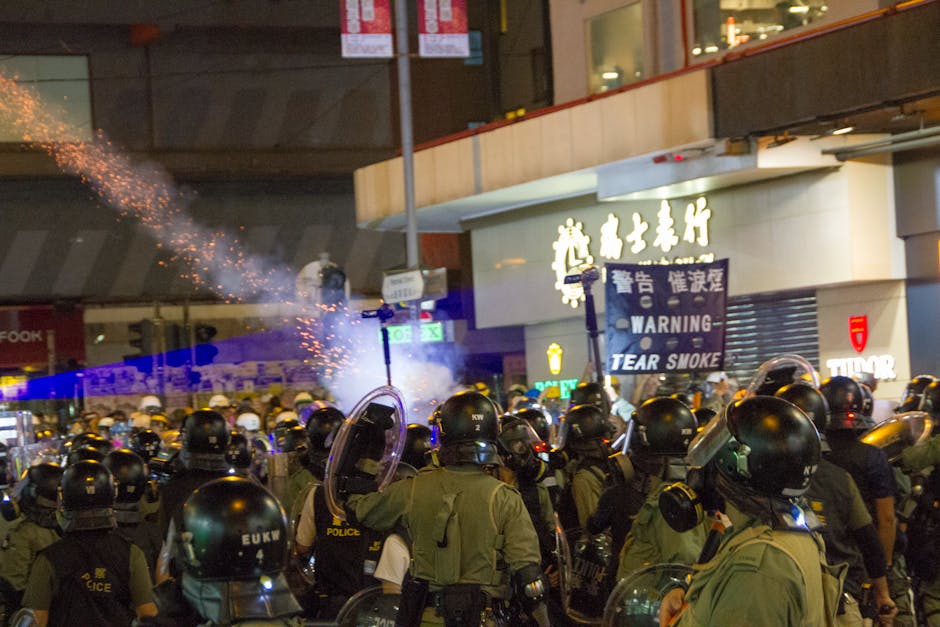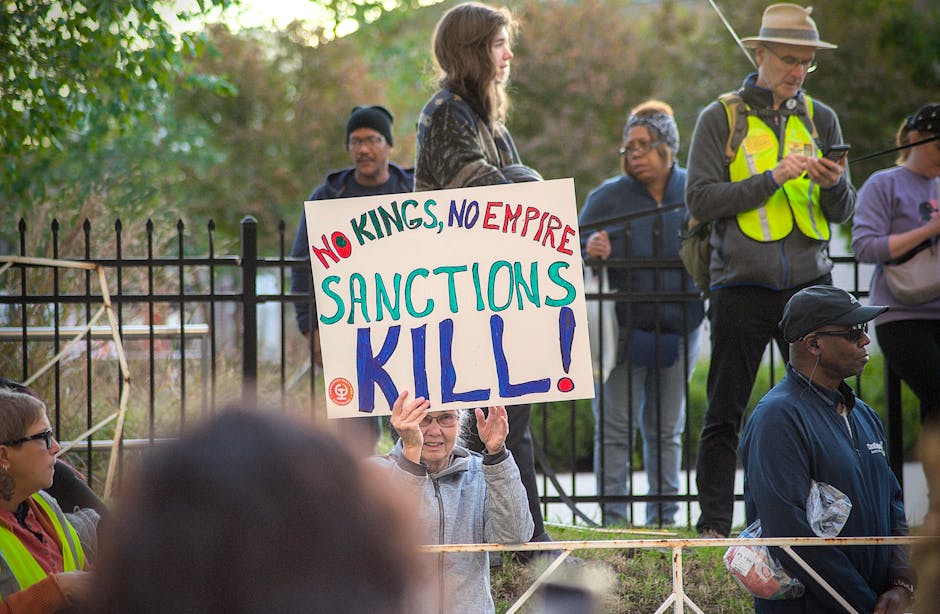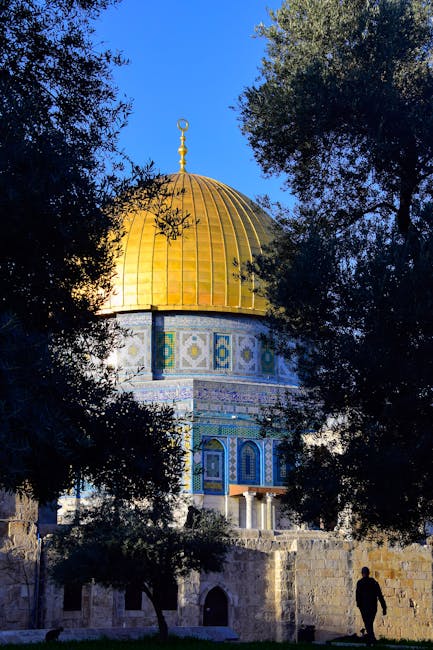The fragile peace in Tanzania has been shattered by the crack of gunfire and the sting of tear gas. Scenes of chaos have erupted on the streets of the semi-autonomous island of Zanzibar and in the commercial hub of Dar es Salaam, as security forces moved to violently disperse supporters of the opposition demanding justice after what they have branded a fraudulent election.
Disputed Election Results Spark Unrest
The spark for this unrest was the declaration of incumbent President John Magufuli as the overwhelming winner of last week’s presidential election. The National Electoral Commission announced that Magufuli, of the long-ruling Chama Cha Mapinduzi (CCM) party, secured a staggering 84% of the vote. His main challenger, Tundu Lissu of the CHADEMA party, was credited with just 13%.
Allegations of Widespread Fraud and Intimidation
For the opposition and international observers, this landslide victory is not a reflection of the popular will, but a testament to a systematically rigged process. The election was marred by widespread allegations of irregularities, including ballot box stuffing, the use of unofficial polling stations, and a near-total blockade of opposition party agents from observing the vote count. In the days leading up to the poll, a coordinated shutdown of internet services and SMS messaging further crippled the opposition’s ability to communicate and monitor the election.
Opposition Calls for Protests Met with Force
In response, Tundu Lissu, a man who survived an assassination attempt in 2017 that left him with 16 bullet wounds, called for nationwide peaceful protests. “What happened on October 28 was not an election,” Lissu declared, urging Tanzanians to reject the “travesty” and demand a fresh, credible poll.
The government’s response has been swift and brutal. Police have declared the protests illegal, and reports from the ground confirm the use of live ammunition and tear gas against demonstrators. Several opposition leaders, including CHADEMA chairman Freeman Mbowe, have been arrested. Tundu Lissu himself was briefly detained while attempting to seek refuge in a foreign embassy, a move that signals the government’s hardening stance against any form of dissent.
A Nation’s Democratic Decline
This crackdown is a grim culmination of President Magufuli’s first term. Initially nicknamed “The Bulldozer” for his populist, anti-corruption drive, his tenure has been increasingly defined by a slide into authoritarianism. The space for free media, civil society, and political opposition has shrunk alarmingly. Journalists have been intimidated, critics have disappeared, and laws have been passed to stifle any voice that challenges the state’s narrative.
International Concern and an Uncertain Future
Tanzania, once hailed as a beacon of stability and a democratic anchor in East Africa, now finds itself at a dangerous crossroads. The United States Embassy in Dar es Salaam has noted “credible allegations of significant election-related fraud and intimidation,” calling into question the legitimacy of the results.
The question now is what comes next. The opposition is defiant but faces the full might of the state. President Magufuli, emboldened by his declared victory, shows no sign of compromise. For the millions of Tanzanians who dared to hope for change, the air is thick not just with tear gas, but with despair. The struggle on Tanzania‘s streets is no longer just about a disputed election; it’s a fight for the very soul of its democracy.




